On the morning of June 3, the National Assembly Standing Committee gave opinions on receiving, explaining, and revising the draft Law amending and supplementing a number of articles of the Law on Organization of People's Courts.
In this bill, the Supreme People's Court has accepted the opinions of National Assembly deputies, and plans to stipulate that in the People's Court system there will be a specialized court belonging to the international financial center.
The Standing Committee of the National Assembly decides on the establishment, dissolution, and regulates the scope and territorial jurisdiction of specialized courts. The National Assembly regulates the tasks, powers, and organizational structure of specialized courts; procedural order; language and writing in litigation; and the application of law in specialized courts...
The National Assembly Standing Committee gave opinions on receiving, explaining, and revising the draft Law amending and supplementing a number of articles of the Law on Organization of People's Courts (Photo: Pham Thang).
The Standing Committee of the Law and Justice Committee stated that this is a new, difficult, and unprecedented issue in Vietnam.
Furthermore, to ensure competitiveness and comply with international practices, the regulations on organization, operation, jurisdiction and applicable laws of this specialized Court are expected to be completely different from current People's Courts (such as: application of principles of the common law system; trial and debate in English; possibility of inviting foreign judges to participate in trials...).
The examining body believes that these contents must be regulated by the National Assembly because they relate to judicial proceedings, human rights, and property rights of the parties.
Meanwhile, the Supreme People's Court has just begun to research this issue under the direction of competent authorities and there is not much time left until the National Assembly considers and passes this draft law.
National Assembly Chairman Tran Thanh Man speaks at the meeting (Photo: Pham Thang).
National Assembly Chairman Tran Thanh Man proposed clarifying regulations on the jurisdiction of regional People's Courts, especially transitional regulations, to ensure a smooth transfer of tasks without affecting the rights of organizations and individuals.
Referring to the issue of handling assets and facilities, the National Assembly Chairman noted that the arrangement of the court apparatus is extremely important.
He pointed out the reality in the implementation of administrative unit arrangement that the National Assembly Standing Committee did in phase 1, many headquarters are abandoned, not sold, not put into operation and use.
“I am very worried about the arrangement, not only for the court but also for other agencies if there is no plan to use it immediately, many offices will be wasted. There is a shortage of new space, and the old space cannot be fully used,” Mr. Man noted.
Explaining the establishment of a specialized court, Chief Justice of the Supreme People's Court Le Minh Tri affirmed that this is a new, big issue and has never been experienced in Vietnam.
After the Politburo's policy, he emphasized that it is necessary to quickly implement the establishment of international financial centers in Ho Chi Minh City and Da Nang, but for specialized courts, perhaps a separate law must be built because this is a very specific content, and other laws cannot be amended according to this content.
“Regarding the criteria for judges, whether we appoint or hire them, what the language is, there are many issues, we have to study. For now, we will determine to include a specialized court in this law, but the detailed content will be assigned to the National Assembly Standing Committee to regulate,” Mr. Tri said.
Chief Justice of the Supreme People's Court Le Minh Tri (Photo: Pham Thang).
In this law amendment, the Chief Justice emphasized that it is necessary to ensure the principles approved by the Politburo, which are to organize a 3-level court model (Supreme Court, provincial and regional levels); eliminate intermediate levels and increase decentralization and delegation of power to lower levels.
"Therefore, during this period, the judiciary had two very strong changes," Chief Justice Le Minh Tri said.
One is the establishment of regional courts. According to Mr. Tri, there used to be 693 district courts, now there are only 355 regional courts, which is only nearly half, but the tasks, functions, and nature of work assigned to regional courts are very large.
“In the near future, the Supreme People's Court must increase resources and human resources to ensure that regional courts can perform their new functions and tasks, because of the large number and nature of work in criminal, civil, administrative, and commercial cases,” Mr. Tri informed.
Second, it is necessary to implement synchronous measures to ensure resources and human resources to work in regional courts. Accordingly, it will be normal for senior judges to work in regional courts, not like in the past when only junior judges worked.
Dantri.com.vn
Source: https://dantri.com.vn/xa-hoi/chanh-an-le-minh-tri-thong-tin-2-bien-dong-rat-manh-cua-nganh-toa-an-20250603100907026.htm


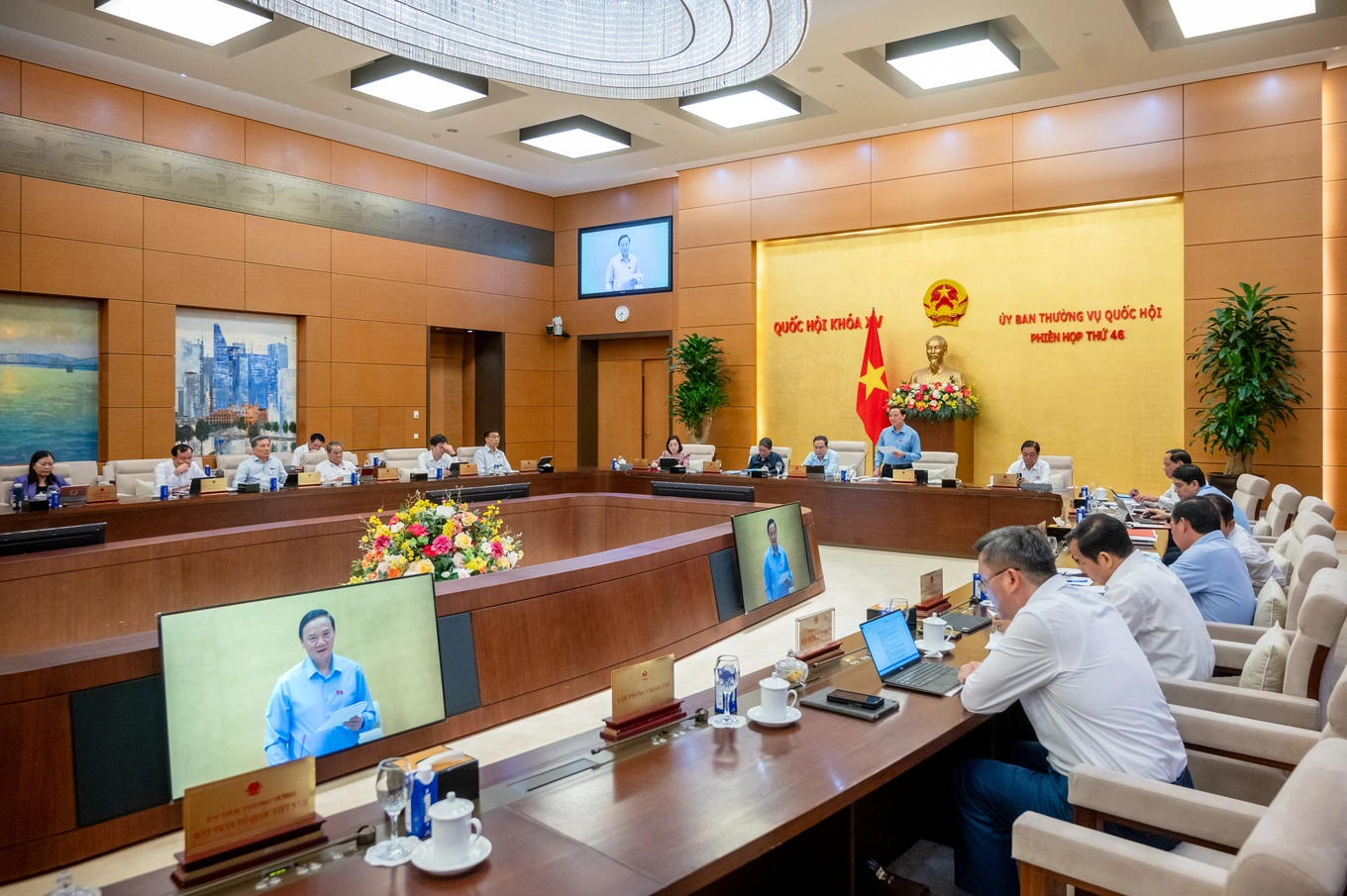
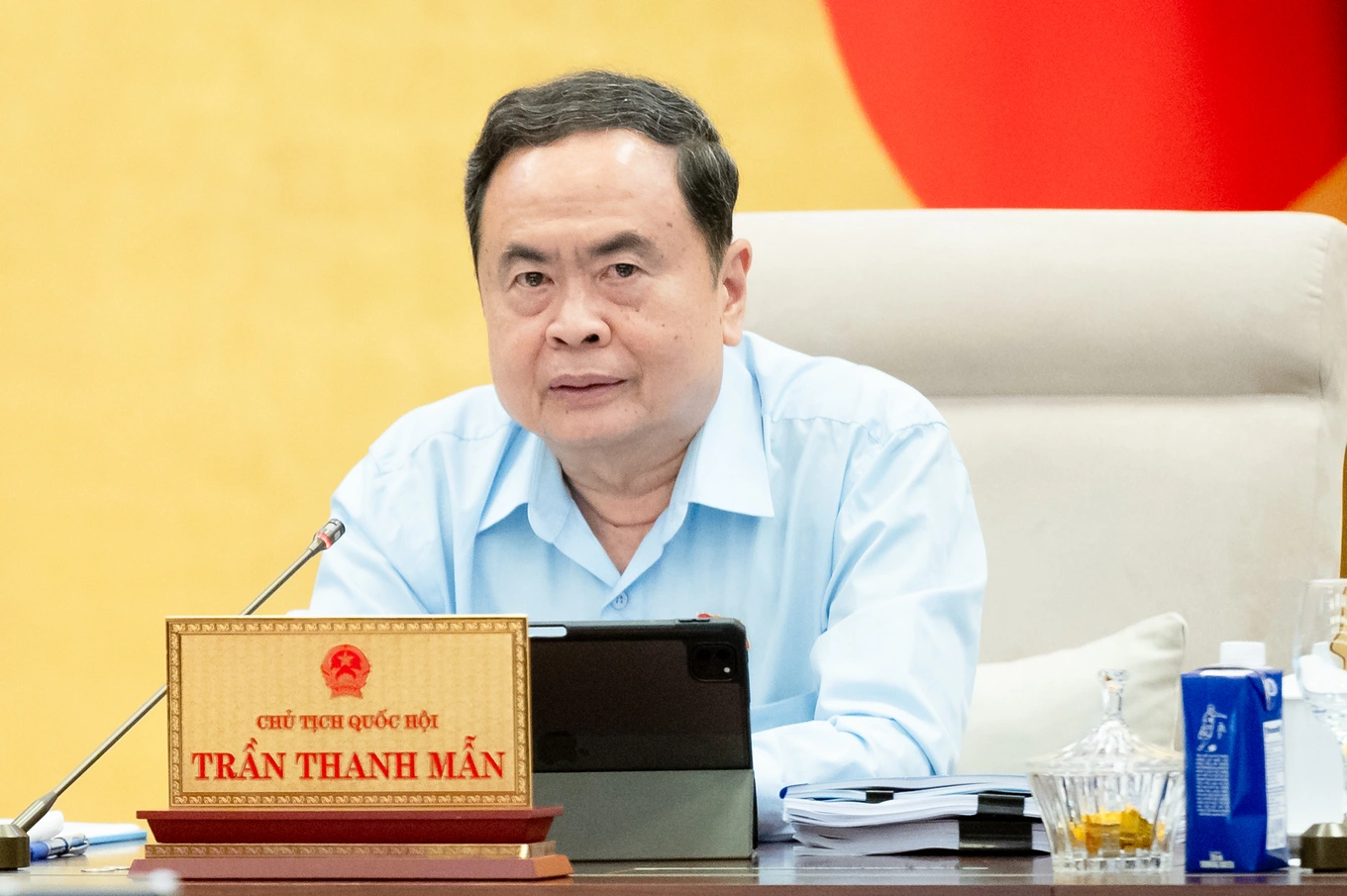
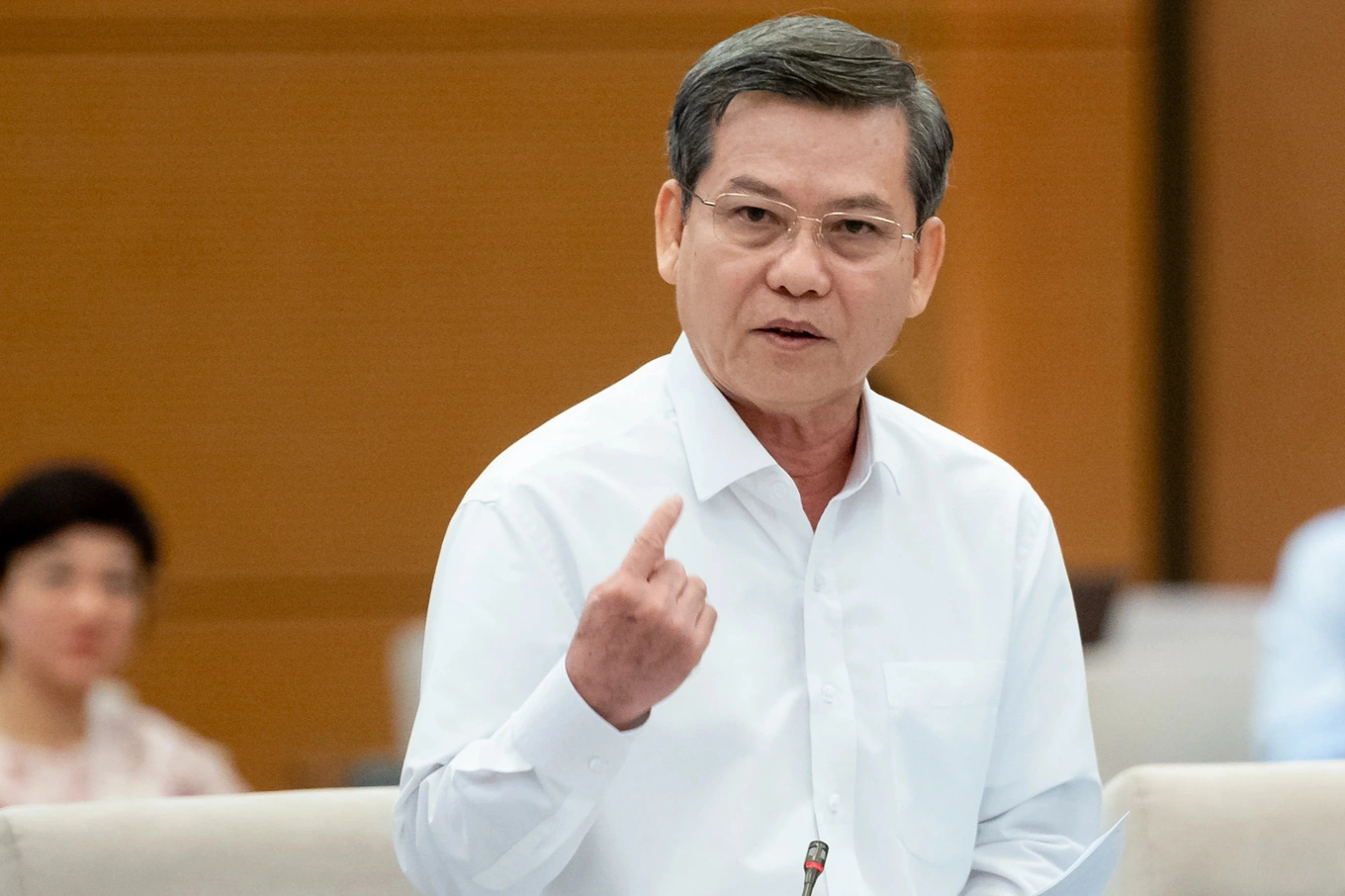



![[Photo] 60th Anniversary of the Founding of the Vietnam Association of Photographic Artists](/_next/image?url=https%3A%2F%2Fvphoto.vietnam.vn%2Fthumb%2F1200x675%2Fvietnam%2Fresource%2FIMAGE%2F2025%2F12%2F05%2F1764935864512_a1-bnd-0841-9740-jpg.webp&w=3840&q=75)

![[Photo] Cat Ba - Green island paradise](/_next/image?url=https%3A%2F%2Fvphoto.vietnam.vn%2Fthumb%2F1200x675%2Fvietnam%2Fresource%2FIMAGE%2F2025%2F12%2F04%2F1764821844074_ndo_br_1-dcbthienduongxanh638-jpg.webp&w=3840&q=75)




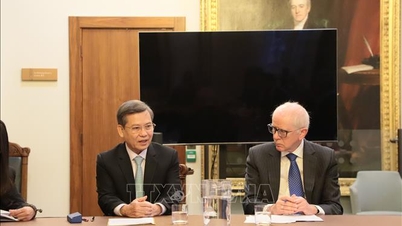





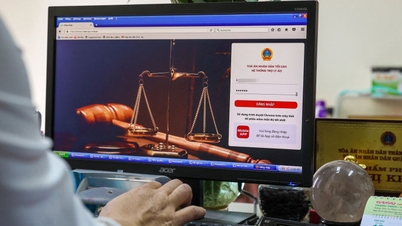


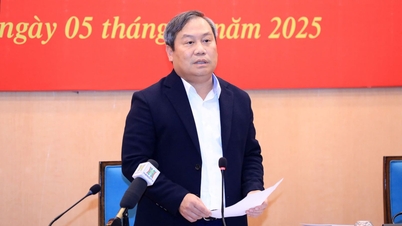

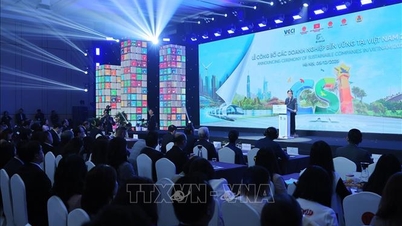
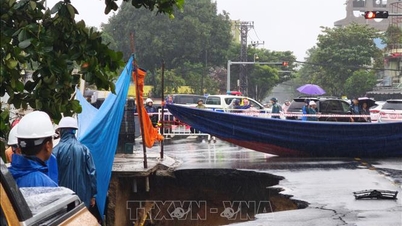



























































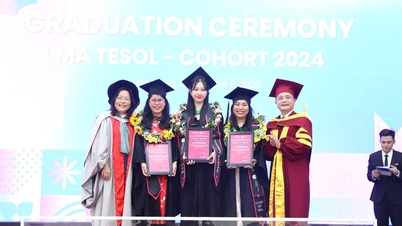

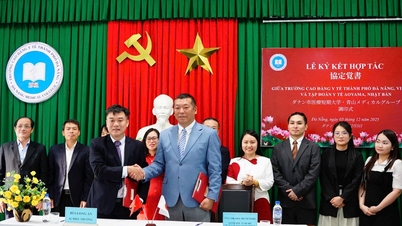
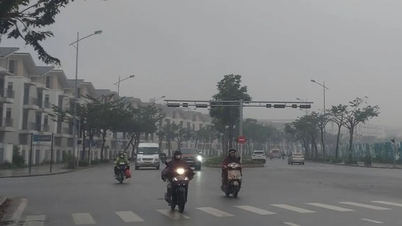

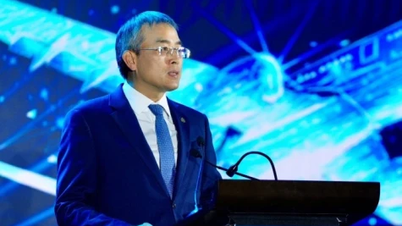

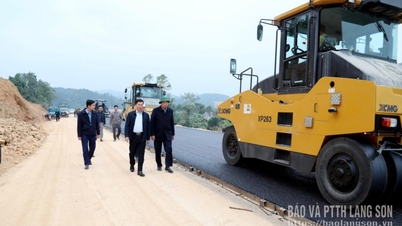



















Comment (0)